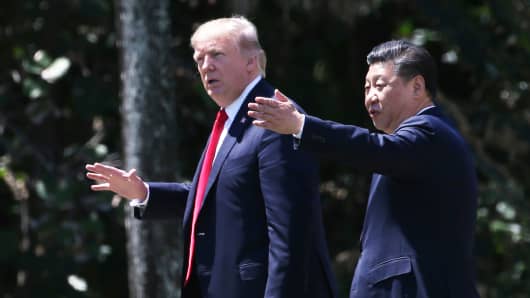Will the G-20 — the world's key economic and financial forum — establish the international economic policy coordination during its next summit in Hamburg, Germany on July 7 to 8 to support faster growth of the global economy by reducing stifling trade imbalances?
Will the G-20 make any progress toward solving the problems of bloodshed, misery and insecurity in the Middle East, North and Central Africa, East and Central Europe, the Korean Peninsula and the rest of East Asia?
The answer to both questions is no. Germany — the host country presiding over the summit's proceedings — is too busy fretting about America's exit from the agreement on climate change, the new administration's alleged trade protectionism and its increasingly strict homeland security policies affecting travel, migration and immigration issues.
Instead of carping on problems that have been discussed ad nauseam in other talking forums, Germany should have concentrated on the G-20's essential mission to promote world economic growth and financial stability. An appropriate starting point would have been to suggest that the euro area, with a trade surplus of $385 billion (where Germany accounts for $272 billion), an unemployment rate of 9.3 percent, tepid GDP growth of 1.9 percent and an inflation rate of 1.4 percent should lead the world economy to higher jobs and incomes with expansionary economic policies.
The same policy posture should have been advocated for East Asia, where a $643 billion trade surplus indicates a great potential for stronger domestic demand and growing purchases from the rest of the world.



